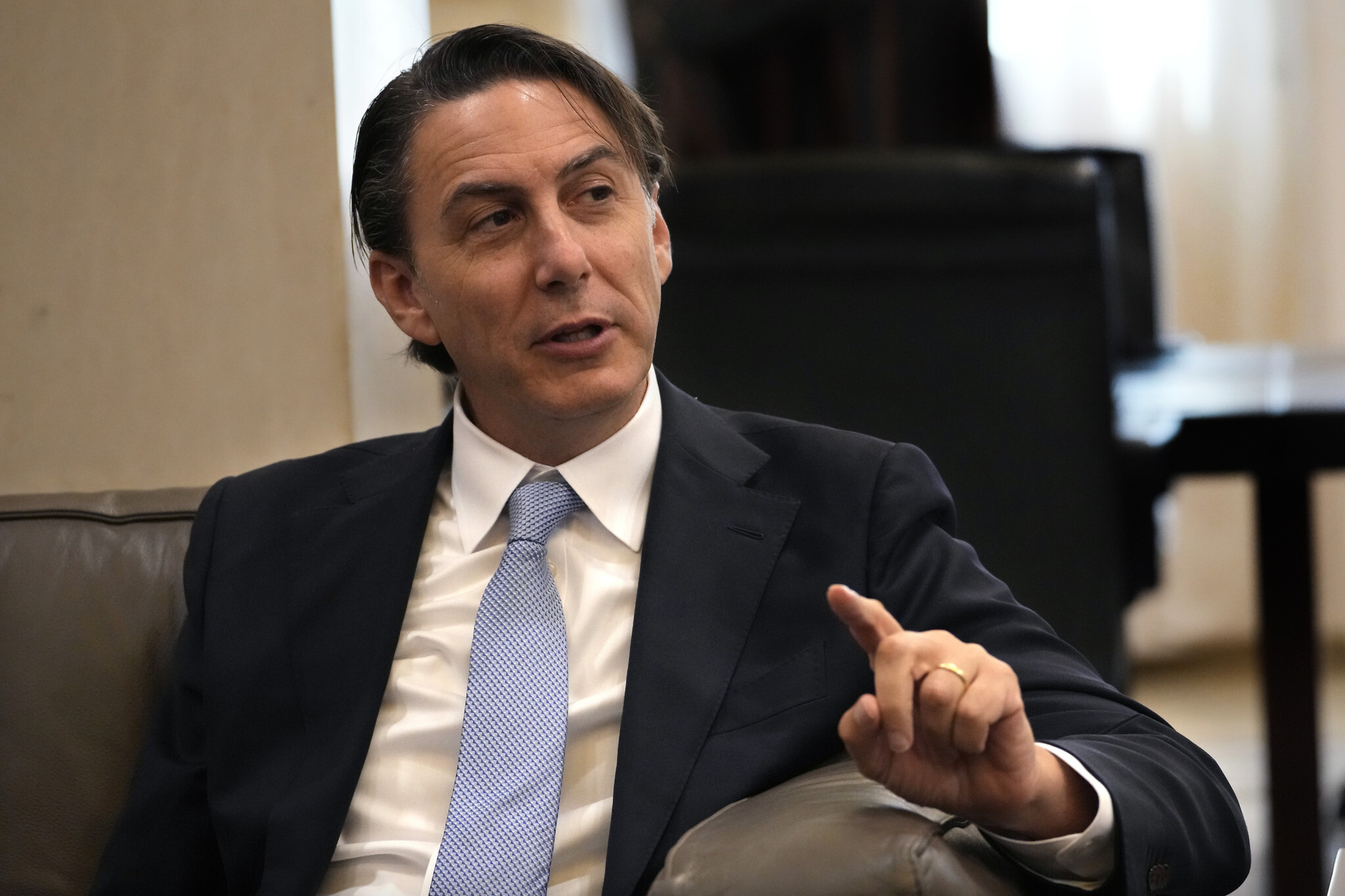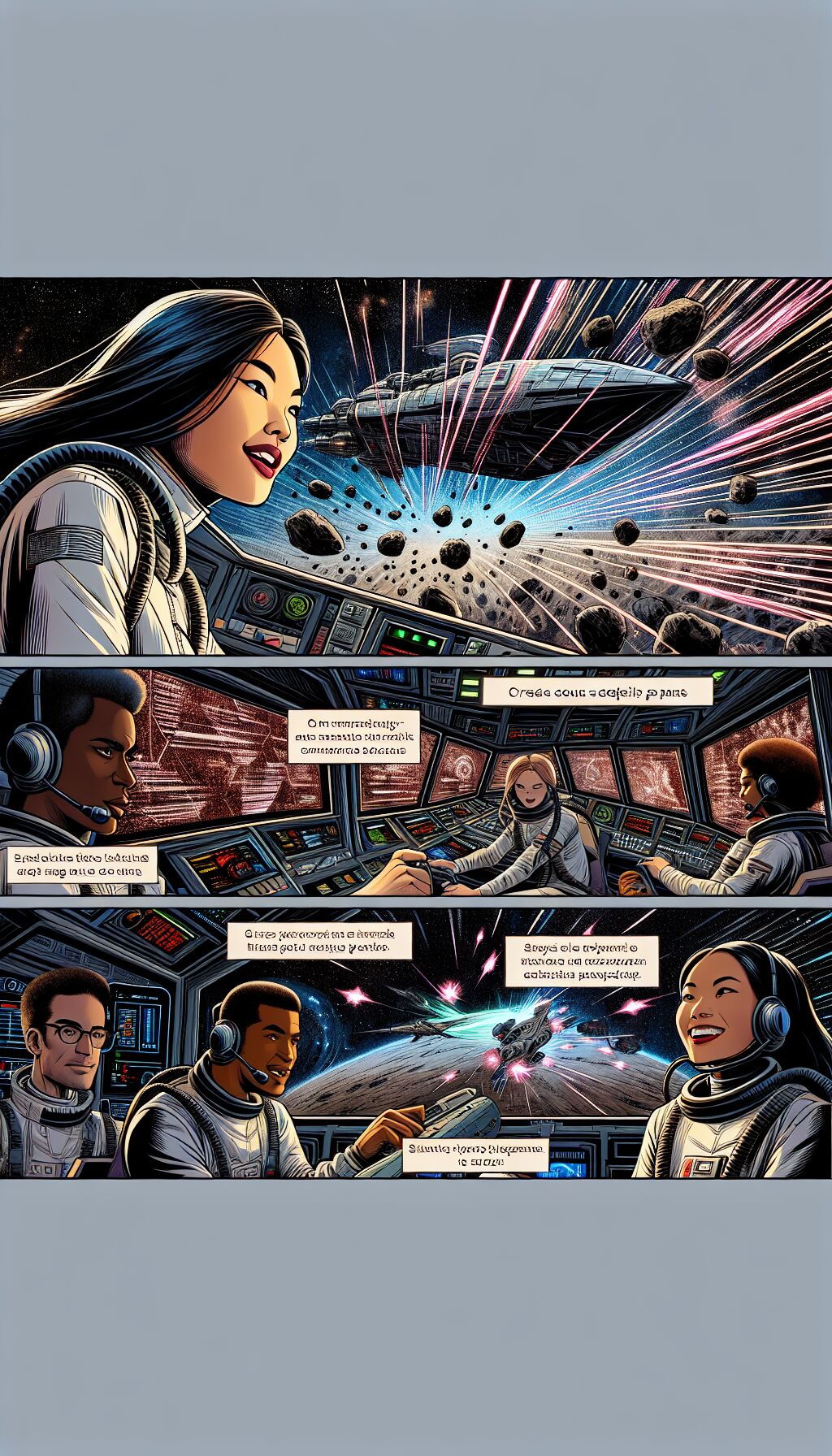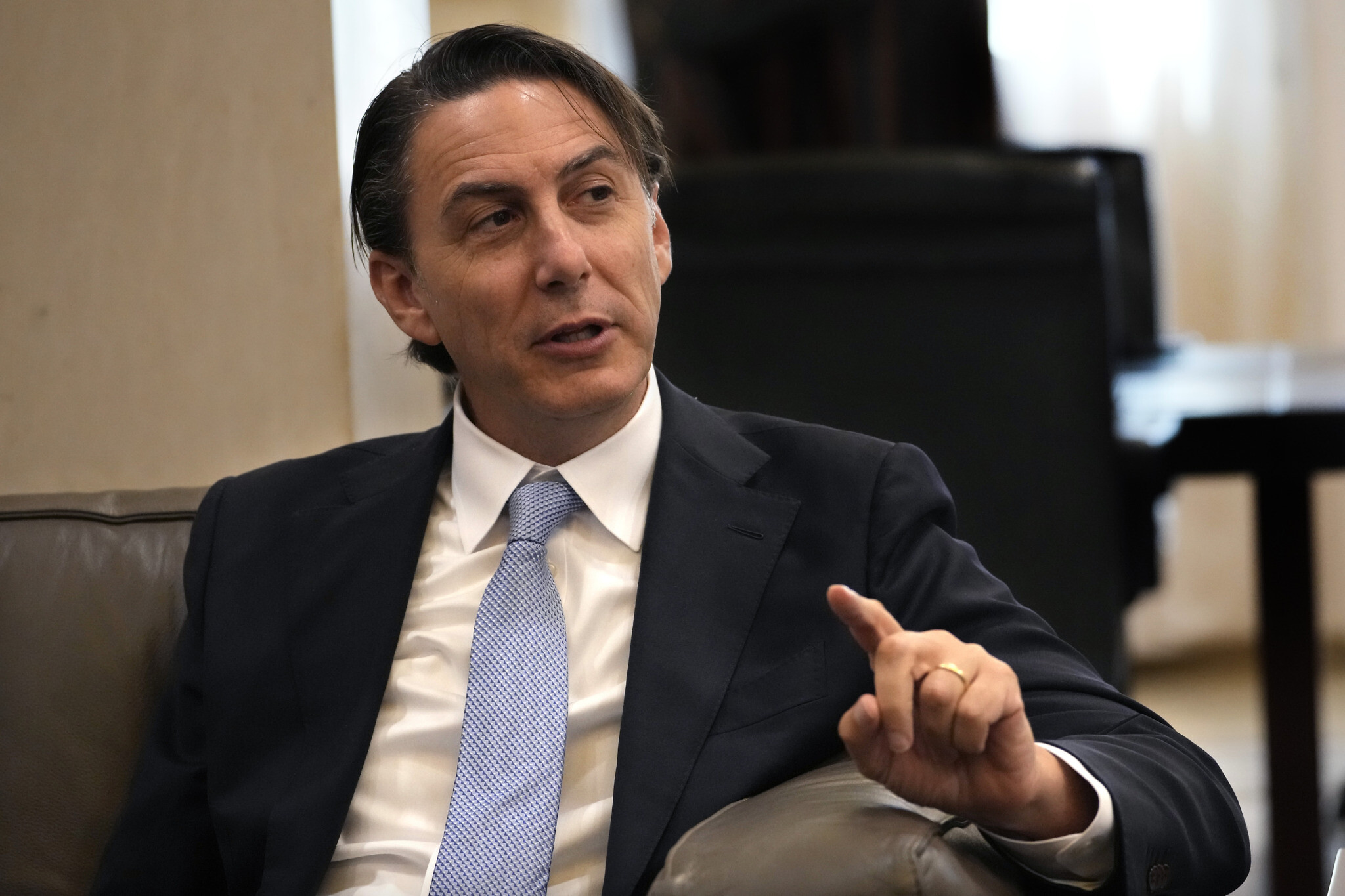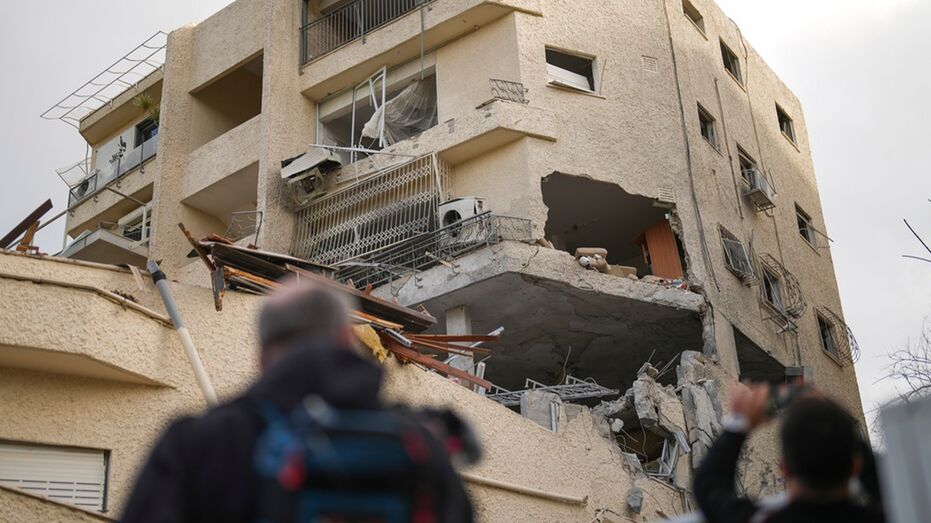
Israel and Hezbollah Move Toward Ceasefire After Year of Hostilities
In a significant development in the ongoing conflict between Israel and Hezbollah, both parties appear to be making headway towards a ceasefire agreement. This potential truce comes after nearly a year of escalating hostilities, which reached a dangerous climax with an all-out war that began in September. The atmosphere remains tense, but there are signs that diplomatic avenues may be pursued more earnestly.
U.S.-Backed Truce Proposal
According to reports from major Israeli news outlets, including YNET and *Haaretz*, Israel has tentatively accepted a proposal for a ceasefire, which has received backing from the United States. While these developments are promising, both parties have yet to finalize the agreement, leaving an air of uncertainty hanging over the negotiations.
The U.S. involvement appears to be pivotal in facilitating dialogue between the two adversaries. Historically, the United States has played a crucial role in mediating conflicts in the region, and its ability to influence both Israeli and Lebanese politicians might be a factor in this latest round of negotiations.
Confirmation from Hezbollah and Lebanese Officials
Following the proposed ceasefire, officials from Lebanon and Hezbollah, the Iranian-backed militia in control of large segments of southern Lebanon, reportedly expressed their approval of the deal last week. However, before any peace can be realized, both sides must offer final confirmations that they are committed to the terms outlined in the proposal.
This prerequisite is common in ceasefire agreements, where both parties need assurance that they will adhere to the terms, as previous ceasefires have often faltered due to a lack of trust between the two sides. Experts caution that, despite the hopeful signs, the road to a sustainable truce remains fraught with challenges.
Background: A Year of Escalating Tensions
The ongoing tensions between Israel and Hezbollah have deep historical roots, but the past year has seen an alarming increase in hostilities. The situation escalated dramatically in September, when Hezbollah launched one of its largest rocket offensives against Israel, marking a critical turning point in the conflict.
In response to the rocket barrage, Israeli forces conducted targeted strikes against Hezbollah’s command centers in Beirut. This retaliation was part of Israel’s broader military strategy aimed at deterring further attacks and maintaining its security in the region. The cycle of violence has raised concerns not only among Israelis and Lebanese but also in the wider international community, as it threatens regional stability.
The Human Cost of Conflict
The ramifications of this conflict extend beyond political and military maneuvers; the human cost has been staggering. Civilians on both sides have faced the brunt of the violence, leading to countless casualties and displacements. The humanitarian implications cannot be overstated, with families torn apart and communities devastated by the ongoing clashes.
In addition to physical damage, the psychological impact of prolonged conflict can leave lasting scars on the affected populations. Children, in particular, are vulnerable to the trauma of living in a war zone, which can have severe implications for their mental health and future prospects. As peace talks continue, the well-being of these individuals should be a central concern for negotiators and world leaders alike.
The Role of International Community
The international community has a crucial role to play in the pursuit of peace between Israel and Hezbollah. Diplomatic interventions and the promotion of dialogue can help to build trust and foster an environment conducive to long-term solutions. Furthermore, sustained pressure from global powers, including the United States and European nations, may be necessary to encourage both parties to adhere to the terms of any eventual agreement.
Moreover, regional players also hold influence over Hezbollah’s actions. Iran, in particular, has been known to provide financial and military support to the militia, and its stance could significantly affect the proceedings. As negotiations progress, understanding the complexity of international relationships in this context will be essential for successfully navigating the conflict.
What Lies Ahead?
While the recent reports of a proposed ceasefire signal a potential turning point, the path to lasting peace remains uncertain. Both Israel and Hezbollah have demonstrated a willingness to engage in dialogue, but the deep-seated animosities and concerns over security may hinder the full implementation of any agreement.
As negotiations continue, observers around the world are closely monitoring the situation. Developments over the coming days will be pivotal in determining whether this proposed truce can evolve into a sustainable resolution or if hostilities will flare up once again.
Stay tuned as this is a developing story, and further updates will be crucial for understanding the future dynamics between Israel and Hezbollah.


















